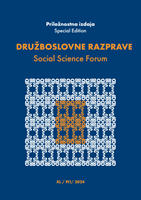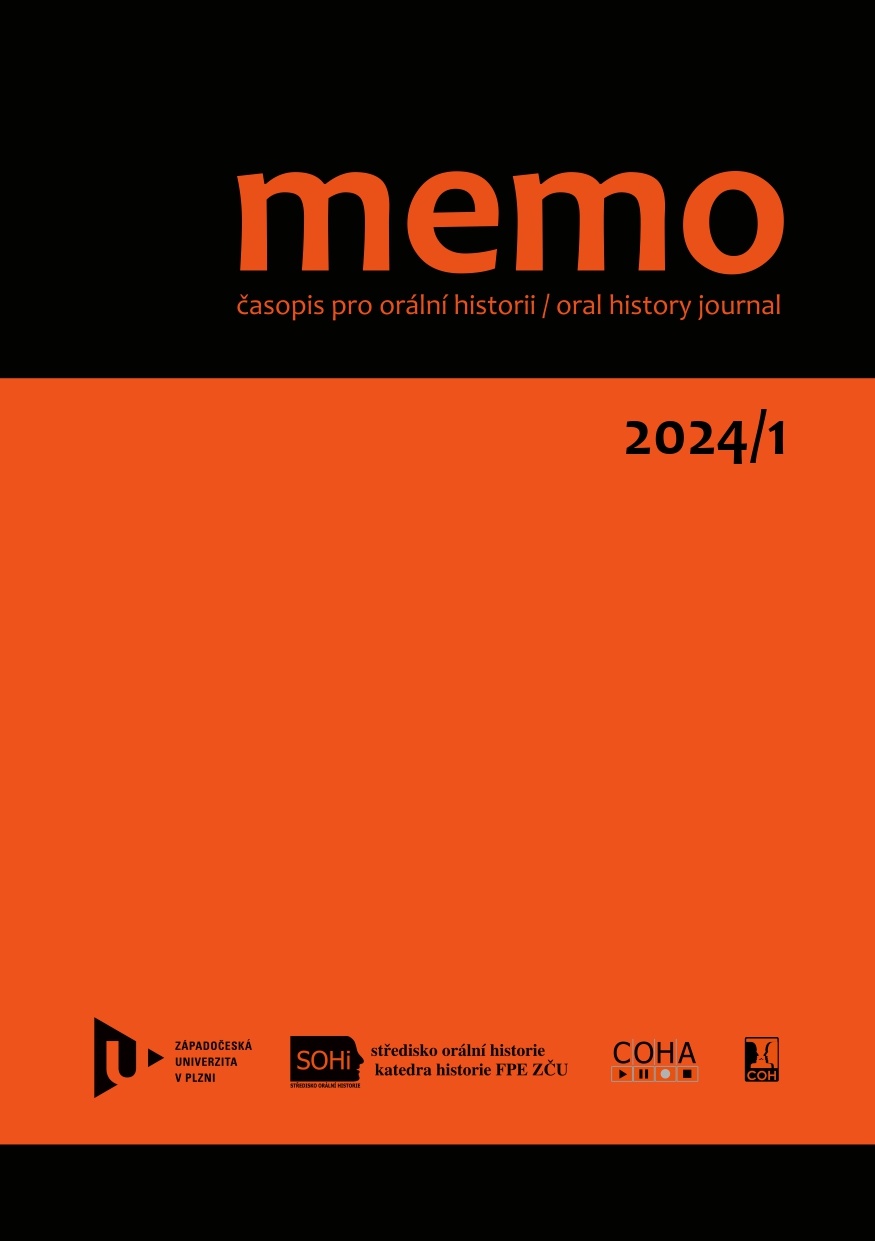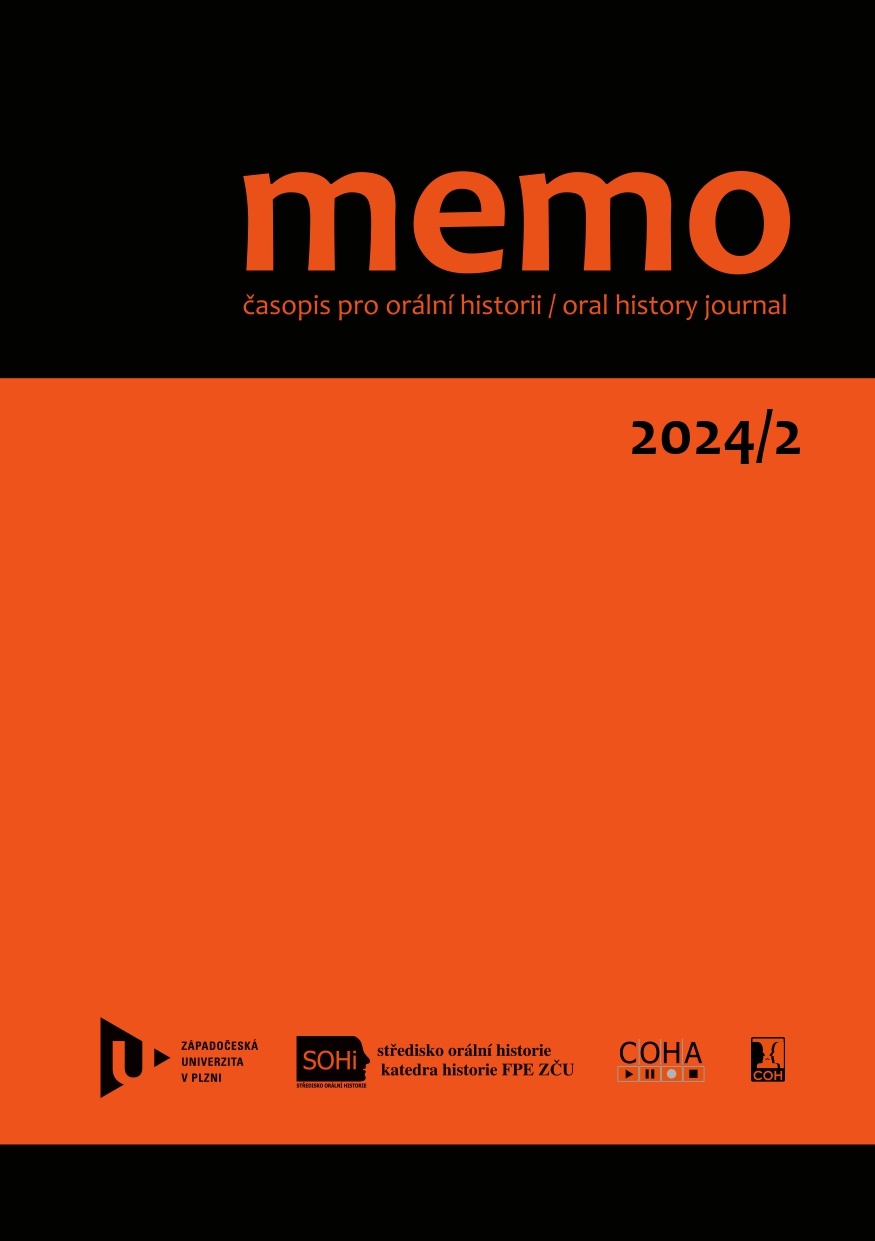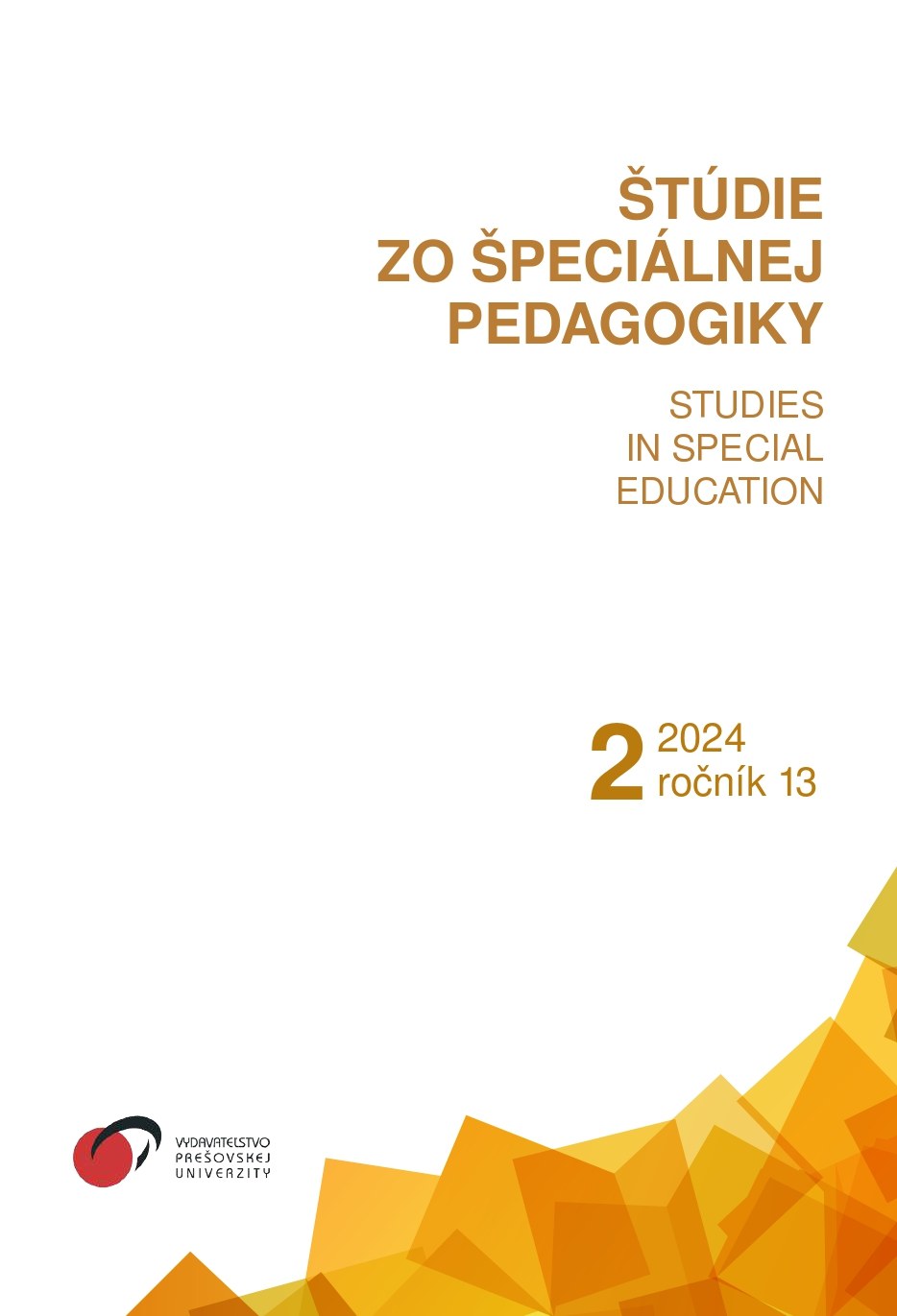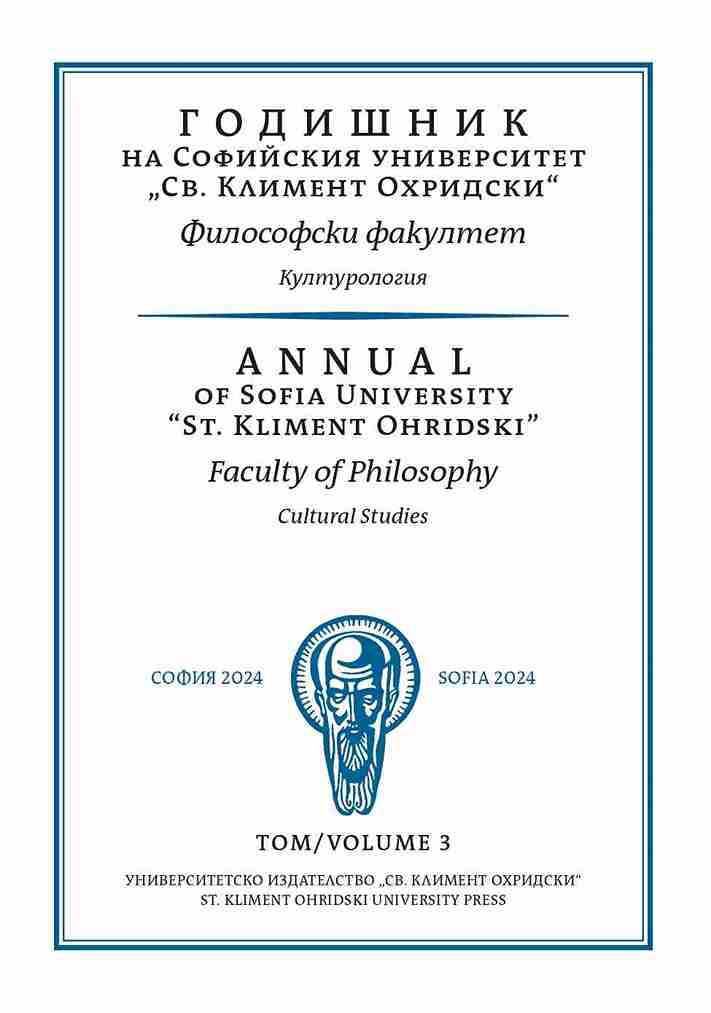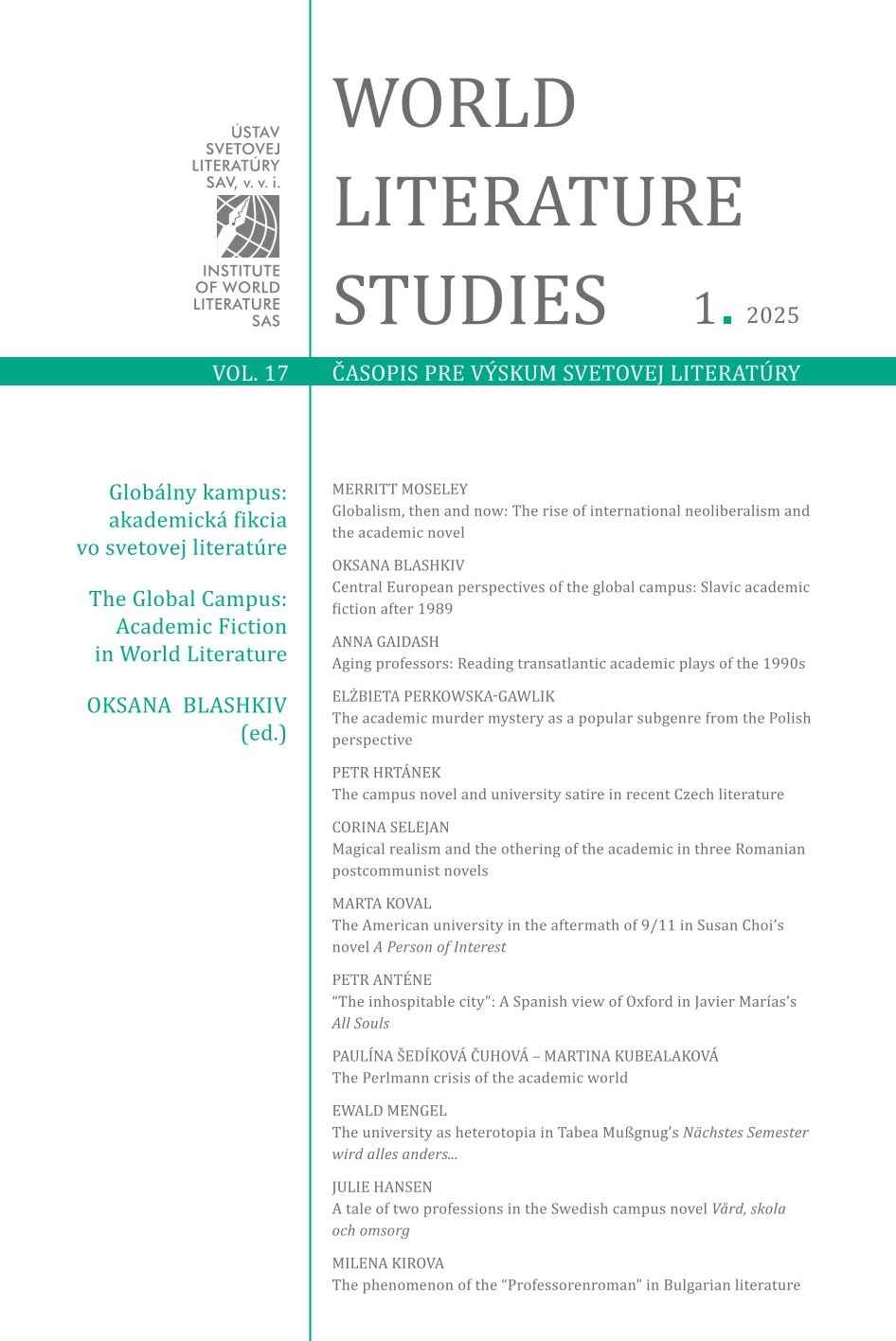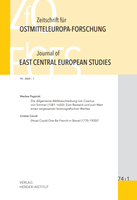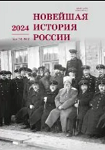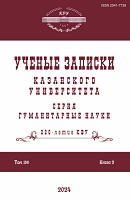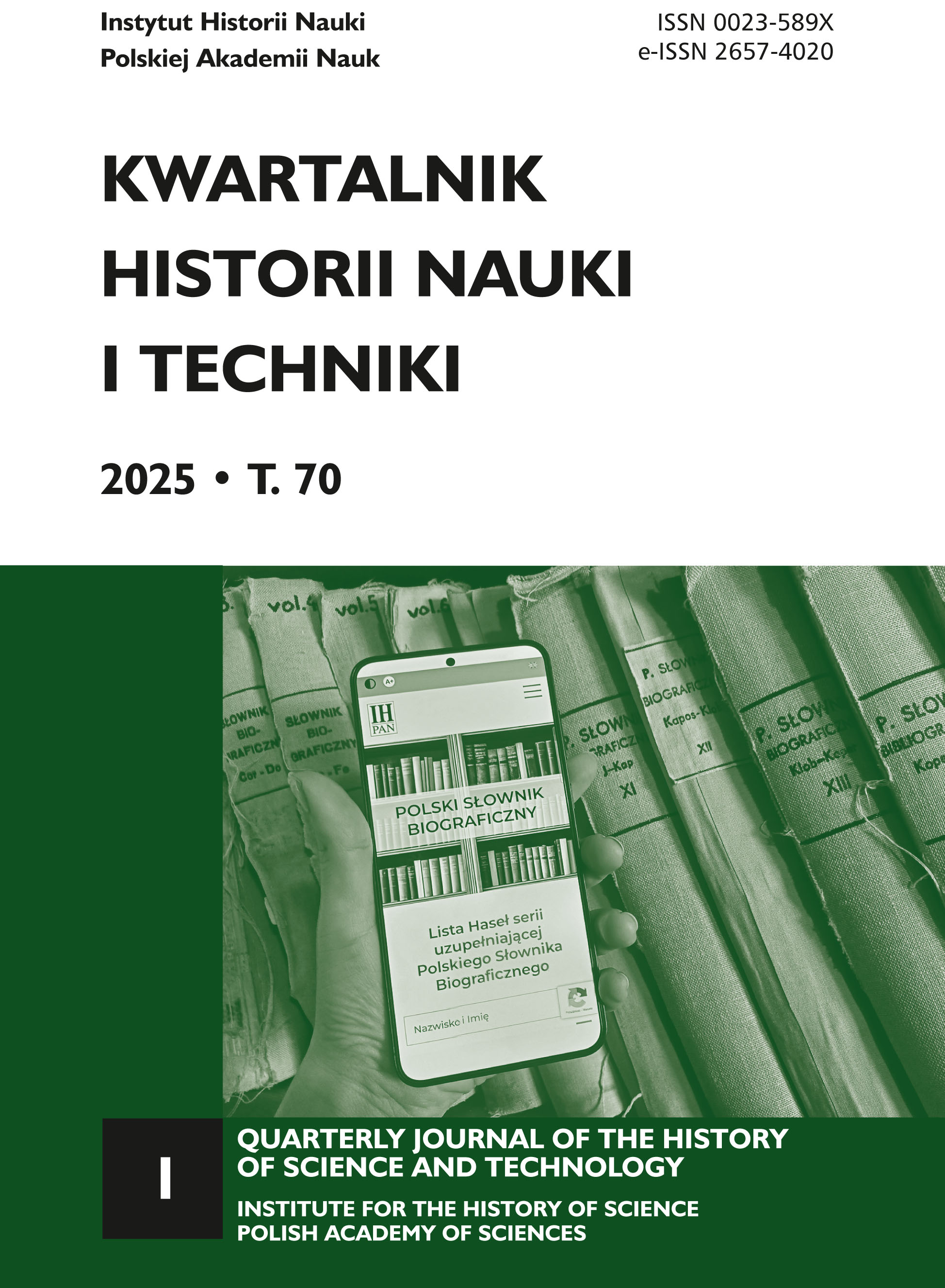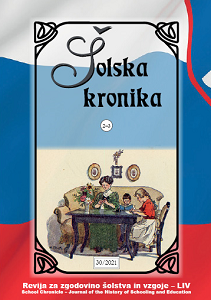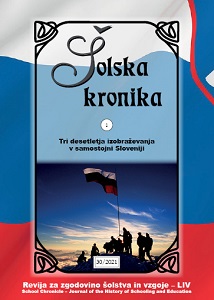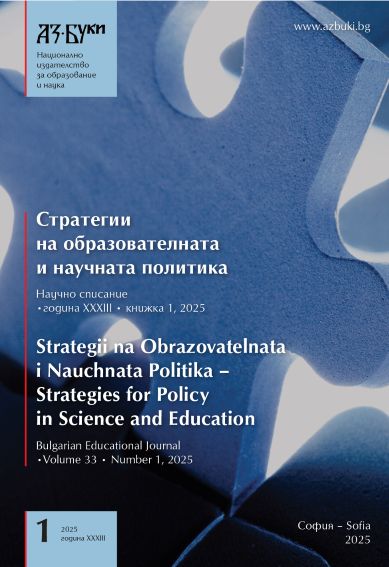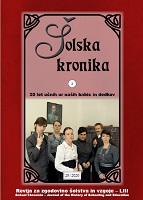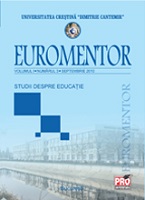
PEDAGOGICAL SCIENCE OF THE REPUBLIC OF MOLDOVA. MAIN DIRECTIONS AND PROBLEMS
This article does not set itself a comprehensive analysis of the state and development of the Moldovan pedagogical science over the 30-year period that has passed since its independence. This sort of work requires a collective monographic study and, possibly, more than one. This article represents a brief overview of those trends and areas of pedagogical science that have been formed over the past decades in the Republic of Moldova.
More...
